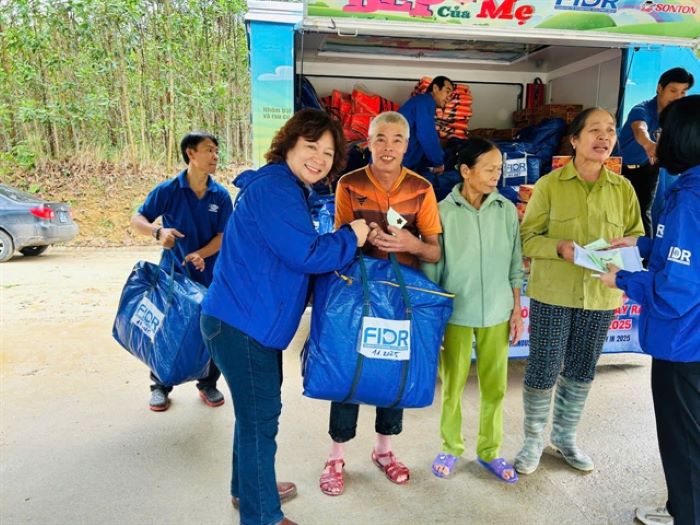Ethnic people gain better access to healthcare
"I never thought I would be able to see the doctor for treatment, because we did not know that local health stations had doctors, medicine and equipment," said Mai, who was prescribed medicine for her fever in the Dong Son Commune Health Station.
Many Co Tu, Pa Ko, Pa Hy and Ta Oi ethnic minorities in A Luoi District, the poorest in
Nguyen Dung, director of the province’s Health Department, said the province served as a trail-blazer in implementing Project 1816 initiated by the Ministry of Health, which rotates health staff from central or provincial hospitals to commune-level institutions.
"By the end of last year, health stations in all communities had been equipped with machines, medicine and doctors. Patients can receive healthcare services without relying on treatment from quack doctors or believing in worshippers," said Dung.
Le Van Vinh, one of the rotated doctors at Dong Son Commune’s Health Station, said: "Doctors from central or provincial hospitals voluntarily rotate with each other to work in commune health stations for six months at a time."
"Before this project was implemented, only a physician and a nurse were working at health stations and they were unable to treat illnesses, even minor injuries. They also did not have time to reach every house for disseminating protective health information and persuading people to get treatment when they were ill," said Vinh.
"But things have changed a lot," he added.
"In the past, whenever I was sick I thought I must have done something wrong to make the gods angry and punish me. But I do not think that way anymore after doctors gave me an explanation for my stomachache," said Mai.
Like Mai, 78-year-old Pa Then from the Pa Hy ethnic minority used to think the gods were angry with him as he suffered from blindness for years.
"Doctors came to my house and I had surgery. Now I can see normally. The doctors also taught me how to take care of my eyes and they visit me once per week," he said.
Some people have asked Pa Then how to worship ghosts to get bright eyes. But then Pa Then took the chance to explain to them about doctors, medicine and healthcare services.
Mai, Then and many others become enthusiastic disseminators of healthcare services at local health stations.
Physician Nguyen Van Kinh of
Le Quang Phu, director of the district’s Health Centre, said that more than 200 ethnic minority people had received eye surgeries at the centre.
"Many others have received check-ups and free medicine," said Phu.
"Health staff rotation not only brings healthcare services to ethnic minority people. It also transfers medical technology and trains staff at health stations in mountainous and remote areas in the district," said Dung.
"The aim is for the nurses and physicians to be active in treating diseases so that more people can get healthcare services," said Vinh.







